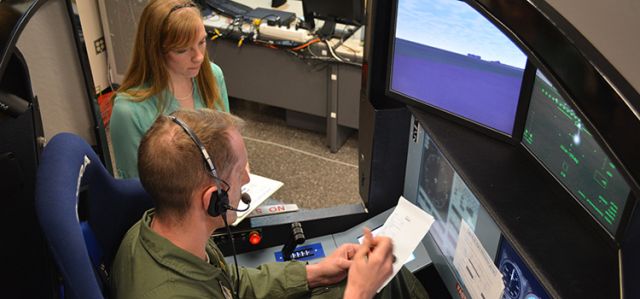Document Type
Conference Paper
Publication Date
2010
Publication Source
Proceedings of the 117th Annual American Society for Engineering Education Conference and Exposition
Abstract
Recent work by the National Academy of Engineering revealed that the public has a poor understanding of what engineers actually do on a day-to-day basis. This issue is compounded for non-traditional fields in engineering, such as biomechanical engineering. This is particularly problematic as such fields could draw interest from students not interested in traditional engineering careers, resulting in increased diversity.
To address this, mechanical engineering students taking an elective course, Biomechanical Engineering, were given an outreach assignment to teach at least one individual under the age of 18 about the field of biomechanical engineering through a hands-on activity. Students worked with diverse groups and ages of young adults, with many presenting to classrooms or sports teams. Students were given examples of activities that could be used, including designing functional prosthetic hands out of simple materials. Upon completion of the outreach, a What? So What? Now What? reflection paper was used to assess the impact of the experience on both the student and on the young adults.
The reflection was guided by a series of questions provided by the instructor, with students asked to focus on the issue of whether there is a general lack of awareness of engineering careers, especially of non-traditional types of engineering such as biomechanical engineering. Comments made in the reflections were categorized by the instructor, revealing several common themes.
The reflections indicated that both young adults and college students benefited from the activity. College students conveyed their purposeful attempts to tie engineering to the interests of the young adults, while ensuring the appropriateness to the audience. In particular, many noted the challenge of communicating technical information to a non-technical audience. Over one-third of the class reported that the experience helped them realize their own interests and abilities to teach. College students also reported being surprised with the intelligence, creativity, confidence, and teamwork ability that the young adults demonstrated. Some felt young adults possessed engineering skills, but did not know them as “engineering”. Students were also surprised by the interest young adults had for participating, especially as most expected that the field was not viewed as “cool” or “glamorous”. Overall, the students felt that young adults didn’t really know what engineers did, and were especially surprised that it could be applied to medicine or sports. They felt there was a need to address this, especially with young females, but expressed varied beliefs as to whose job it was and how to best promote engineering.
Document Version
Published Version
Copyright
Copyright © 2010, American Society for Engineering Education.
Publisher
ASEE: American Society for Engineering Education
Peer Reviewed
yes
eCommons Citation
Bigelow, Kimberly Edginton, "Reflections of College Students Promoting Engineering through Biomechanical Outreach Activities Indicate Dual Benefits" (2010). Mechanical and Aerospace Engineering Faculty Publications. 3.
https://ecommons.udayton.edu/mee_fac_pub/3




Comments
Permission documentation is on file.